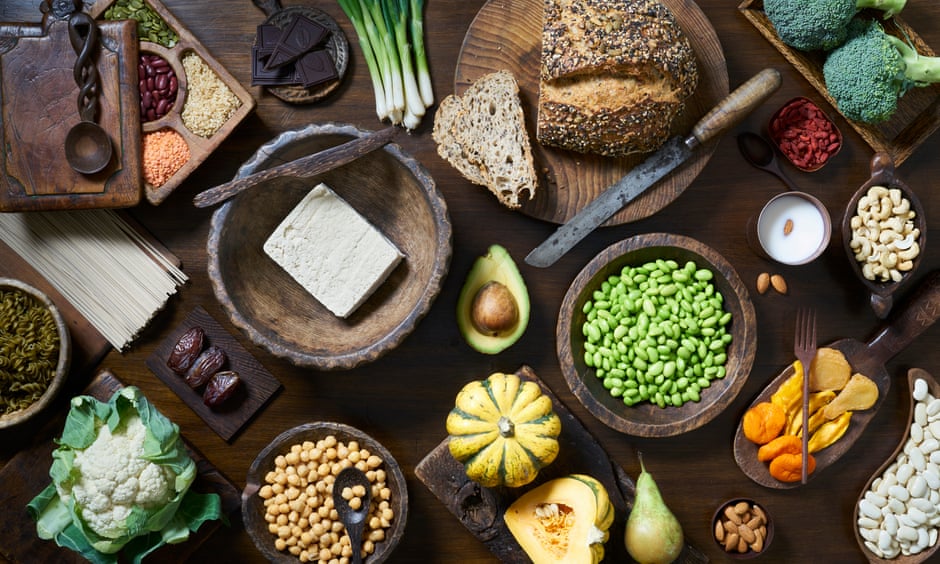Some learners of English struggle with the two participles used as adjectives. In the continuous and perfect verb structures, the main verb occurs in one of the never-changing forms called participles. To give some examples:
Continue readingCategory Archives: Things to talk about
Mathematicians discover….
New music download patterns appear to closely resemble epidemic curves for infectious disease, study finds
The text below is about a study that describes how music seems to spread similar to infectious diseases. Before reading, discuss the questions and look at the selected words
Continue readingSongs (1)
An all time great topic are song texts. However, the choice of song is not unimportant. I like to choose songs everyone knows with lyrics most people don’t. There has to be a little mystery and surprise concerning the text, something special about it.
In this respect, the song below definitely qualifies.
Continue readingFind the mistakes
Below you find a list of sentences with mistakes learners of English have made or commonly make. Some are more common than others, but all of them touch upon certain ‘problem’ areas, though not all of them are so wrong that they would lead to misunderstandings in communication.
I regularly add to the list, therefore it has gotten pretty long. I would not recommend going through all sentences at once.
Continue readingGuess the Movie
Recently I bought a poster: 250 Top Movies Bucket List. I had it hung on my wall and was accordingly asked by some course participants what it was they were seeing. The single movie titles were too small for them to identify over my camera, but they were interested and some wanted to find out how many they actually knew.
I found a page that shows them all. And below I put some quiz questions together. Each sentence hints to one of the films. But before you guess the films: do you know the origin of the term bucket list?
Continue readingLesson: WORDLE – the new game sensation
Below you find an article from the New York Times about one of their newly published games. You find some pre-reading preparatory vocabulary exercise first, followed by an adapted version of the article and a link to the original.
Continue reading‘Be that as it may’ – a little language exploration Parts 1+2
Posted on February 1, 2022
This topic came up rather spontaneously in one of my advanced classes and definitely relates to a more advanced language issue. I wanted to post the topic anyhow. But since we haven’t yet finished with our language exploration, I will divide the post up in two parts. The second part will reveal the grammar point in question and elaborate a little.
In the text from The Case of a Tennis Player you find the sentence:
Judge Anthony Kelly’s ruling that Novak Djokovic be freed to contest the Australian Open overruled the government’s insistence that he should be barred for failing to prove he is exempt from being inoculated against Covid-19.
It was the BE in be freed that was unfamiliar, and the questions asked were: Why not is freed or should be freed?
Let’s do some language exploration to see if we can find out what kind of structure this is, and if we can find some similar patterns. Glosbe.com is a great web site for that.
Continue readingGet your proteins and your percentages too

Some time ago, I stumbled over claims made on the internet that spinach (and other vegetables) had more protein than meat. Though I’m positively sure this not to be the case, I continued searching for such claims – you never know. And as we do need to cut back on meat consumption of the mass produced kind, getting more of your protein from vegetables is a good thing, right?
(For all those who know me a little, this is not so much about nutrition and health and all, it’s more about numbers, and how rumours get started 😉
Continue readingFood Pyramids
‘Food’ is a topic that always comes up at some time during a course in various forms. Sometimes it is just a vocabulary issue: course members ask to review food vocabulary for example because they have guests from abroad and would like to explain their company’s menu. What we have often done was to simply get copies of the menu of the week and start translating, realizing how difficult even the translation of food vocabulary can sometimes be, especially when it comes to fancy menu names. (This would normally be the place where I would relate my famous food translation anecdote, but I will refrain from that for now, suffice it to say it involves turkeys and patrols).
And it’s always nice to have some pictures. Continue reading
